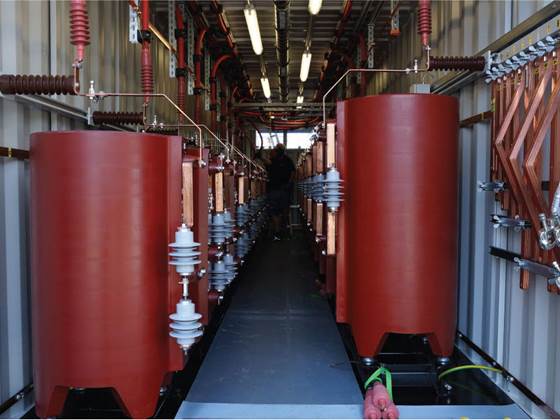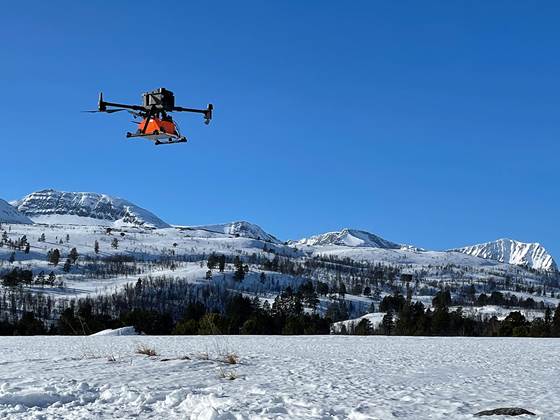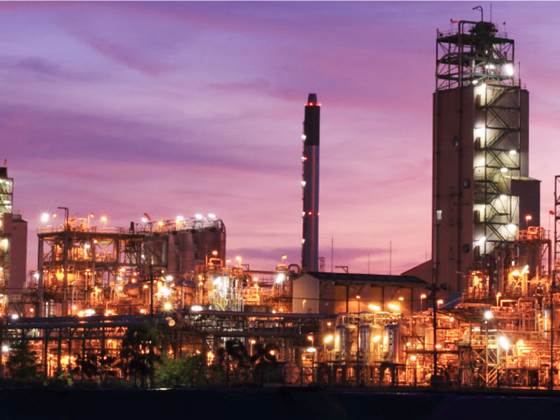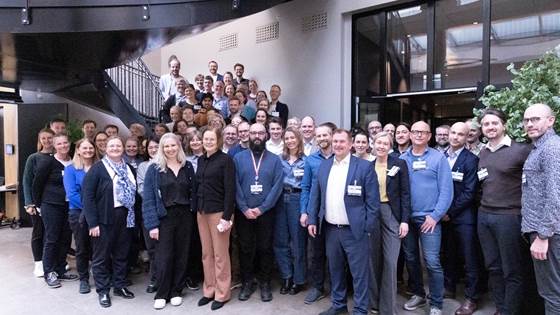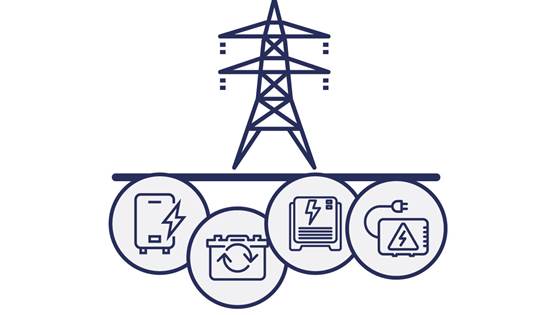In Europe, 78 per cent of people live in cities, and 85 per cent of the EU's gross domestic product is generated there.
There are major opportunities in terms of the smart upgrade of infrastructure, technology and services (transport, buildings, energy and ICT) as a means of boosting living standards, competitiveness and sustainability.
When we researchers and various other professionals talk about "smart" cities, we're thinking about how we can find smart ways to construct our future cities.
In the future, even more of us will be living in cities, and the cities will play an even greater part in wealth generation. If we are to develop a better society, we must contribute towards making cities better places in which to live and run businesses.
In order to achieve this, digitalisation and the development of the "Smart Cities" vision is key. The application of digital technology will make it possible to turn existing cities into better places in which to live, reside and work.
Our work must challenge traditional industrial sector and disciplinary boundaries
Digitalisation is not an aim in itself. The development of smart cities places enormous demands on cross-disciplinary approaches. A smart city is not simply a place where smart technologies are applied in selected areas. It is a city where the various service sectors, technologies and data sources are integrated and developed as part of a holistic vision.
This requires coordination and collaboration across and between the private and public sectors. It demands research and development that integrates challenges, and professionals with different specialist skills and expertise with a talent for talking to each other. This is where we at SINTEF can make a difference, and is why we have developed the Smart City project across our entire organisation.
This isn't just about developing something that is new, but something that can actively be put to use in the search for more sustainable, efficient, safer, open and inclusive cities.


